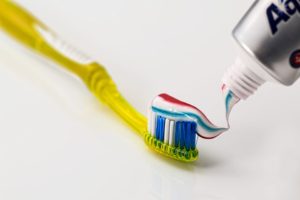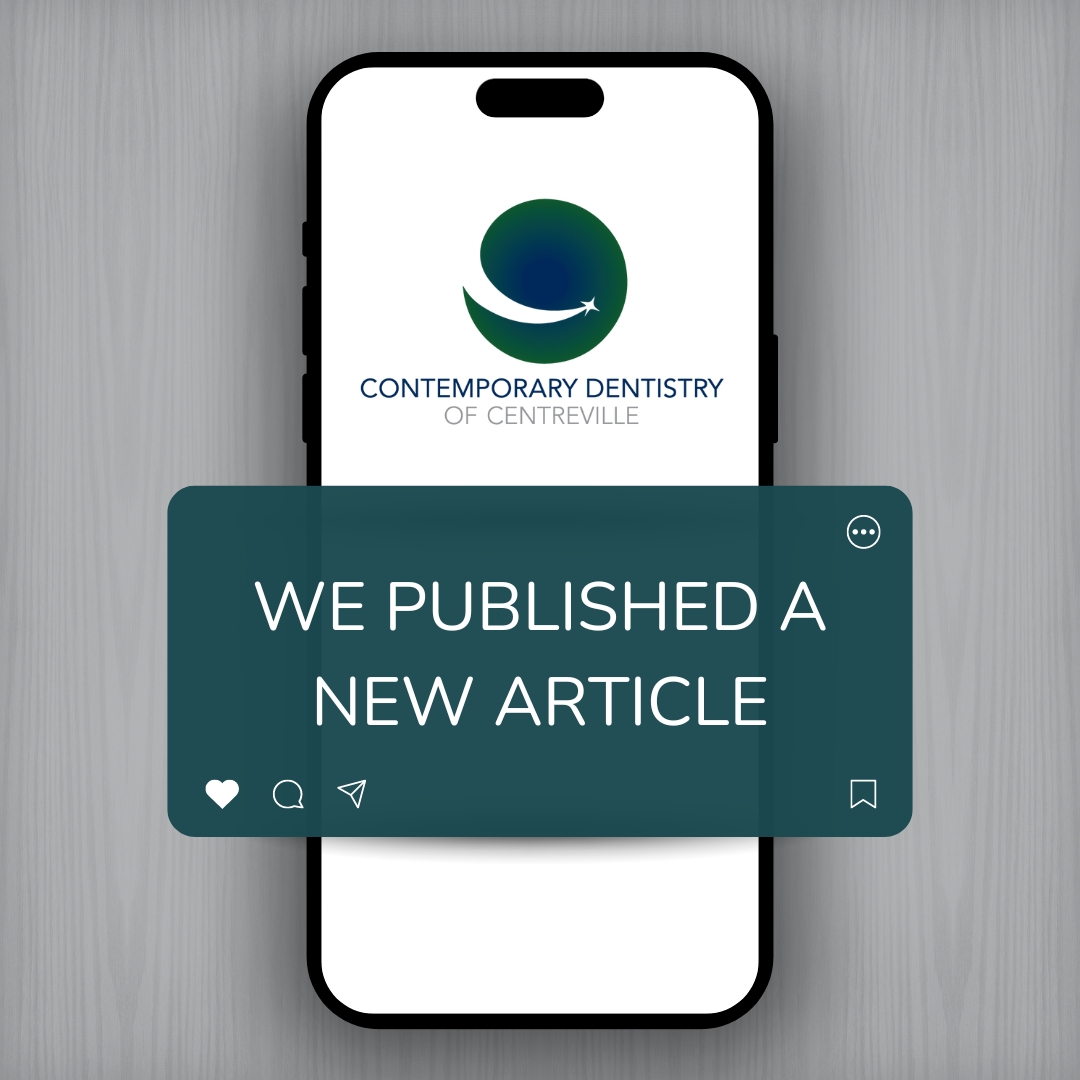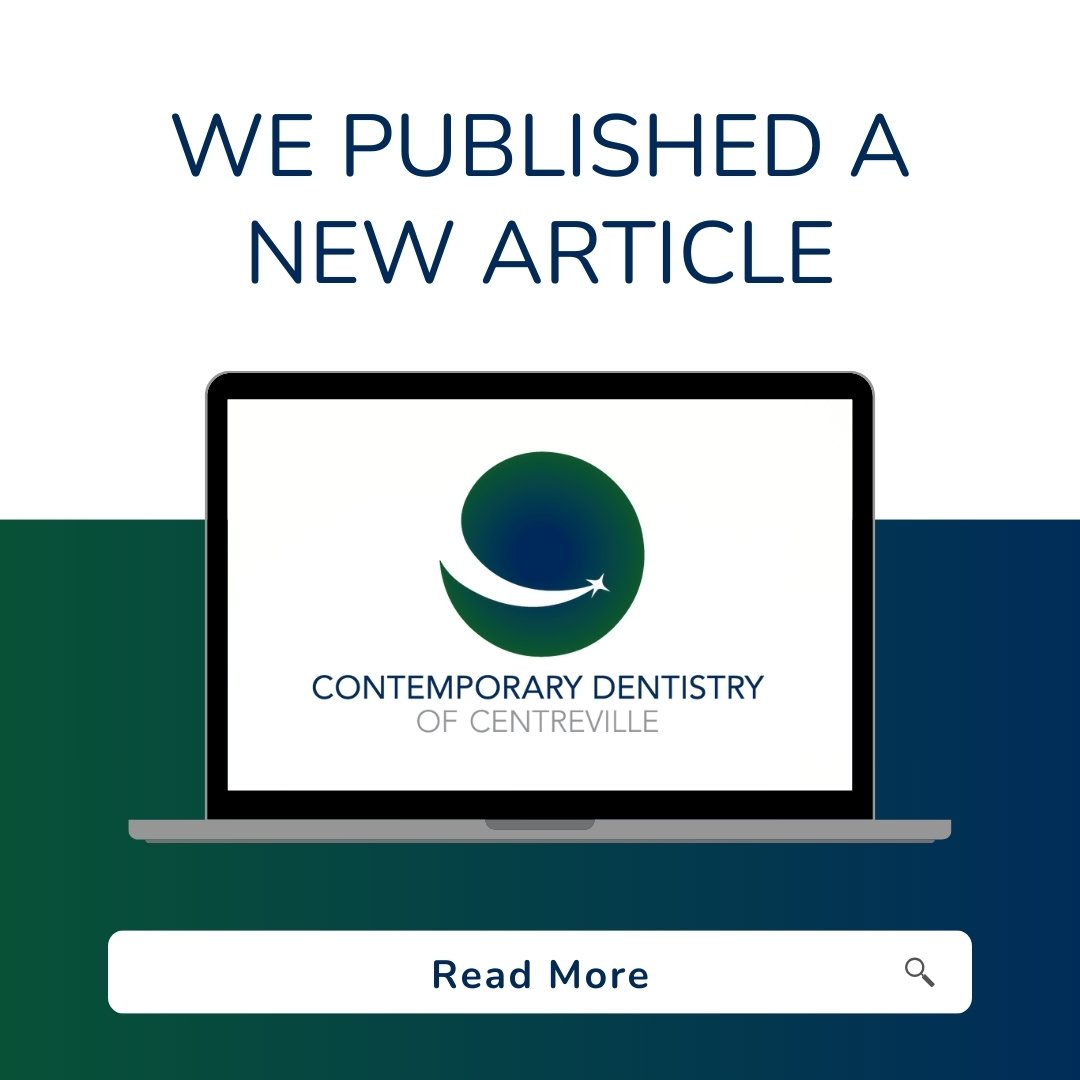When you are traveling, it can be challenging to keep up with your usual daily routine. For many people, this can include having difficulty finding the time to properly brush and floss. Whether you are traveling for business or pleasure, we have gathered a few helpful tips to help you stay on track with your oral health while you are away from home.

Pack Wisely
Be sure you are traveling with enough toothpaste and floss to last your entire trip, if possible. If space is tight, travel sized products can be a great option. You may also wish to purchase a disposable toothbrush for use during your travels. These often require less space and will not cause distress if accidentally left behind. Some disposable toothbrushes even come with toothpaste already applied. These can be ideal for a one-day trip.
Cover Your Toothbrush
When you travel, you are likely to encounter new and varied germs along the way. Whether you are at a hotel or visiting family, you may be required to share surfaces used by many other people. Consider using a toothbrush cover that slips over the head of your toothbrush to protect it from contact with sinks or nightstands.
Drink Water
One fun part of travel is being able to eat and experiment with new and unusual foods. However, eating and drinking sugary or acidic drinks can be damaging to your teeth. Drinking water is an excellent way to wash away bacteria, as well as helping neutralize the acids that damage tooth enamel. Water also stimulates the flow of saliva, which helps to keep your teeth strong and healthy.
Don’t Break Your Good Habits
Be sure to continue your daily oral hygiene routine while you travel. This should include brushing for two minutes, twice each day, as well as regular flossing. Traveling can make this difficult to fit in, but doing so will keep your mouth healthy.
Travel can be both fun and stressful. Don’t lose track of time and forget to brush and floss. Your teeth depend on regular, thorough care. After your return, schedule a visit with us. We will provide a comprehensive cleaning and examination while you tell us about your trip.
To schedule your next visit to our office, please contact our team.
Contemporary Dentistry of Centreville Email: dentistincentreville.com Phone: (703) 968-7022 5703 Centre Square Drive Centreville, VA 20120





 Between Halloween and Christmas, there are numerous tasty treats and foods to enjoy. For many people, food is the highlight of the holiday season. However, certain foods and candies are particularly damaging to your teeth. If you want to keep your smile looking healthy into the new year, here are some tips.
Between Halloween and Christmas, there are numerous tasty treats and foods to enjoy. For many people, food is the highlight of the holiday season. However, certain foods and candies are particularly damaging to your teeth. If you want to keep your smile looking healthy into the new year, here are some tips. Periodontal disease and Rheumatoid Arthritis (RA) share a complex relationship with one another. Both of these chronic conditions cause increased inflammation in the body. Both can lead to serious damage, especially if a patient does not seek prompt, effective treatment. However, the connection between these potentially destructive illnesses does not end with similarity of symptoms. If you have either periodontal disease or RA, you may benefit from learning more about the links between the two.
Periodontal disease and Rheumatoid Arthritis (RA) share a complex relationship with one another. Both of these chronic conditions cause increased inflammation in the body. Both can lead to serious damage, especially if a patient does not seek prompt, effective treatment. However, the connection between these potentially destructive illnesses does not end with similarity of symptoms. If you have either periodontal disease or RA, you may benefit from learning more about the links between the two. Coffee is well-known as hazardous to teeth, but there are things you can do besides cut it out completely. Here are some things to know about coffee’s effects on your oral health and diet, as well as how to mitigate them.
Coffee is well-known as hazardous to teeth, but there are things you can do besides cut it out completely. Here are some things to know about coffee’s effects on your oral health and diet, as well as how to mitigate them. Radiographs, or x-rays, provide important diagnostic information for your dentist, allowing for proper and accurate treatment. The technology behind radiographs has improved rapidly over the last few decades, becoming safer, more accurate, and easier to use. Read our guide on what makes dental radiographs an important step to protecting your oral health.
Radiographs, or x-rays, provide important diagnostic information for your dentist, allowing for proper and accurate treatment. The technology behind radiographs has improved rapidly over the last few decades, becoming safer, more accurate, and easier to use. Read our guide on what makes dental radiographs an important step to protecting your oral health. Tooth decay is the most common chronic disease for children and adolescents. About ¼ of children and more than half of teens currently have this illness. Additionally, the Centers for Disease Control and Prevention (CDC) reports that 90% of adults over age 20 have some amount of tooth-root decay. However, tooth decay is highly preventable. By providing effective dental care during childhood, better long-term oral health may be achieved.
Tooth decay is the most common chronic disease for children and adolescents. About ¼ of children and more than half of teens currently have this illness. Additionally, the Centers for Disease Control and Prevention (CDC) reports that 90% of adults over age 20 have some amount of tooth-root decay. However, tooth decay is highly preventable. By providing effective dental care during childhood, better long-term oral health may be achieved. When buying a toothbrush, toothpaste, or coming in to our office, you often hear the word “plaque” associated with the health of your teeth. Plaque is one of the main reasons why it is so important to keep up with a daily oral hygiene routine that includes brushing two times each day for at least two minutes, and flossing regularly as well. Here’s what you need to know about plaque and what it can do to your smile.
When buying a toothbrush, toothpaste, or coming in to our office, you often hear the word “plaque” associated with the health of your teeth. Plaque is one of the main reasons why it is so important to keep up with a daily oral hygiene routine that includes brushing two times each day for at least two minutes, and flossing regularly as well. Here’s what you need to know about plaque and what it can do to your smile.








